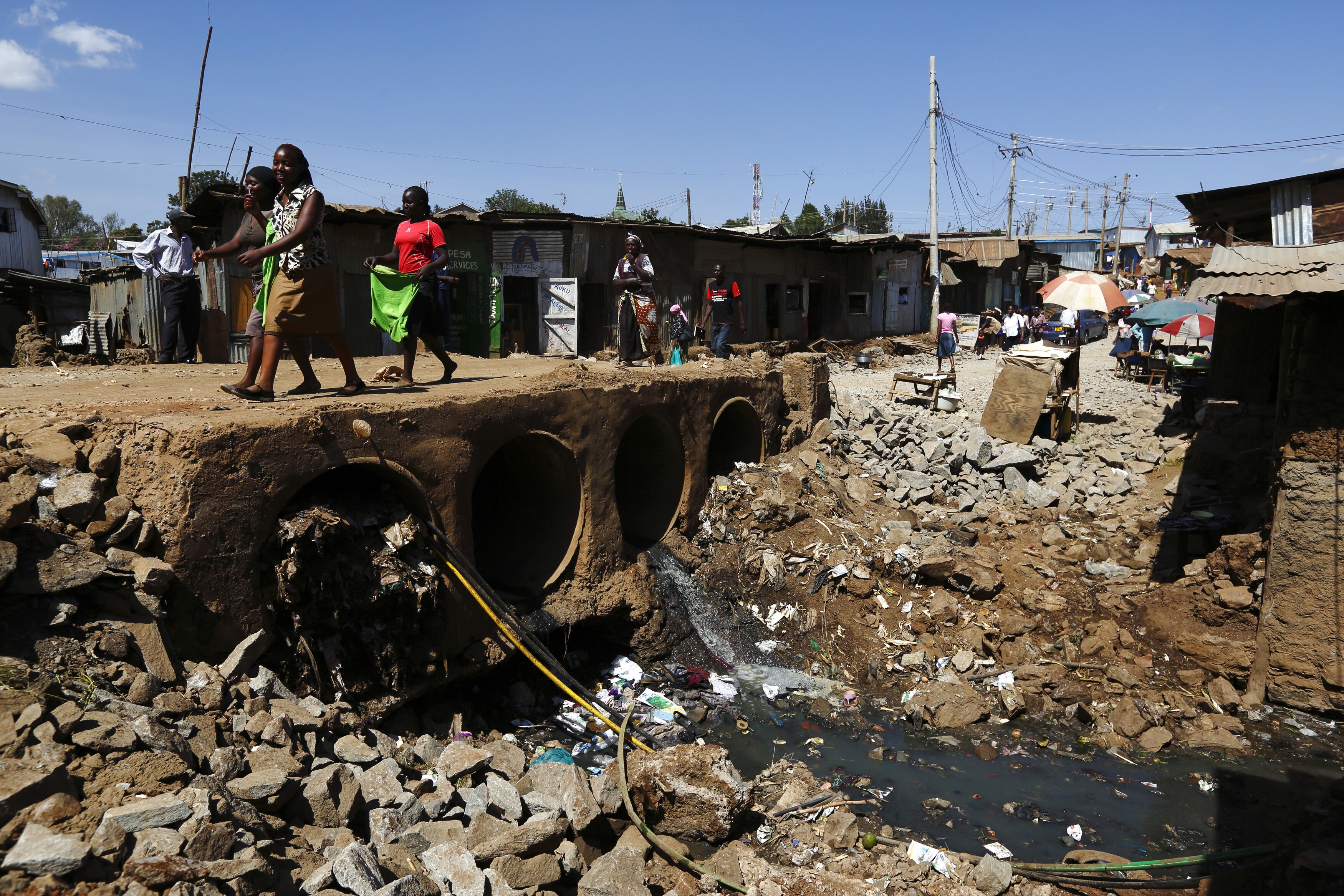COVID-19 no longer a 'global health emergency', plus other health stories you need to know about

Top health news: WHO declares end of COVID-19 as global health emergency; US overdose deaths from synthetic opioid fentanyl tripled in five years; and more.
Image: REUTERS/Henry Nicholls
Shyam Bishen
Head, Centre for Health and Healthcare; Member of the Executive Committee, World Economic ForumListen to the article
- This global round-up brings you health stories from the past fortnight.
- Top health news: WHO declares end of COVID-19 as global health emergency; US overdose deaths from synthetic opioid fentanyl tripled in five years; Progress in reducing deaths in pregnancy and childbirth has stalled.
1. WHO declares end of COVID global health emergency
The World Health Organization (WHO) ended the global emergency status for COVID-19 on 5 May, more than three years after its original declaration, and said countries should now manage the virus that killed more than 6.9 million people along with other infectious diseases.
The WHO's Emergency Committee met on 4 May and recommended the UN organization declare an end to the coronavirus crisis as a "public health emergency of international concern" – its highest level of alert – which has been in place since 30 January 2020.
"It is therefore with great hope that I declare COVID-19 over as a global health emergency," said WHO Director-General Tedros Adhanom Ghebreyesus, adding that the end of the emergency does not mean COVID is over as a global health threat.
The COVID death rate has slowed from a peak of more than 100,000 people per week in January 2021 to just over 3,500 in the week to 24 April 2023, according to WHO data, reflecting widespread vaccination, availability of better treatments and a level of population immunity from prior infections.
Ending the emergency could mean that international collaboration or funding efforts are also brought to an end or shift in focus, although many have already adapted as the pandemic receded in different regions.
"The battle is not over. We still have weaknesses and those weaknesses that we still have in our system will be exposed by this virus or another virus. And it needs to be fixed," said the WHO's Emergencies Director, Michael Ryan.
2. US fentanyl-related deaths more than tripled over five years
The rate of drug overdose deaths involving the synthetic opioid fentanyl more than tripled in the United States from 2016 through 2021, according to a report by the US Centers for Disease Control and Prevention (CDC).
Fentanyl is up to 50 times stronger than heroin and 100 times stronger than morphine, and has increasingly been mixed with other illicit drugs – often with lethal results.
The CDC report showed that the rate of drug overdose deaths involving fentanyl increased from 5.7 per 100,000 people in 2016 to 21.6 per 100,000 in 2021.
Fentanyl-related deaths rose by about 55% in 2019-2020, and 24.1% in 2020-2021, said Merianne Rose Spencer, one of the report's authors.
In the United States, difficulties in getting treatment for substance use disorders during the COVID-19 pandemic coincided with a jump in use of synthetic opioids like fentanyl, and opioid-related deaths soared to a record high in 2020.
Between 2016 and 2021, the rate of drug overdose deaths involving methamphetamine increased more than fourfold, and cocaine-related overdose deaths more than doubled, the CDC said.
Oxycodone and heroin deaths fell marginally during the study period.
What is the World Economic Forum doing to improve healthcare systems?
3. News in brief: More health stories from around the world
Progress in reducing deaths during pregnancy and childbirth and among newborn infants has stalled since 2015, and over 60 countries are on track to miss 2030 targets at current rates, a new WHO report has found.
More than 1 million polio vaccines intended for children have been destroyed as a result of looting in Sudan during the upsurge in violence since April, the UN children's agency UNICEF told Reuters on 5 May.
The US Food and Drug Administration has approved British drugmaker GSK's respiratory syncytial virus (RSV) vaccine, making it the first shot to be cleared for protection against a common respiratory disease that can be fatal for older people. The vaccine, Arexvy, was approved for people aged 60 and older.
Australia will ban recreational vaping and tighten other aspects of e-cigarette laws in the biggest crackdown on the tobacco industry in more than a decade, as it tries to stop an alarming rise in teenage vaping.
Indonesia has reported an outbreak of African swine fever on a farm on the Riau Islands near Singapore, the World Organization for Animal Health said on 9 May. African swine fever is not dangerous to humans but is fatal for pigs.
More than 1 million National Health Service staff in England will receive a pay rise after trade unions representing a majority of workers involved in a long-running dispute voted to accept a deal on 2 May.
4. More on health from Agenda
An expert panel at the World Economic Forum's Growth Summit 2023 discussed how to support healthcare workers and build resilient care systems. From listening to healthcare workers to upskilling them for the future, here's what happened during the Summit's "Future of Work: Health and Care" session.
Globally, approximately 12 billion working days are lost every year to depression and anxiety. Organizations face the challenge of managing the mental health of their employees alongside other corporate demands. The Forum has launched a new initiative focused on Workplace Mental Health. Find out more about it in this blog.
Healthcare and health outcomes vary significantly depending on factors including geography, gender, race, wealth and education level. Data is crucial to understanding healthcare needs and informing actions – but we need to get better at collecting it. Here are four barriers to health equity and how to overcome them.
Accept our marketing cookies to access this content.
These cookies are currently disabled in your browser.
Related topics:
More on Health and Healthcare SystemsSee all
Shyam Bishen
August 28, 2025
Ridwan Sorunke and Alyse Schrecongost
August 25, 2025
Shiloh Paswani and Mansoor Aamir
August 14, 2025
James Balzer
August 14, 2025
Madeleine North
August 13, 2025
Charlotte Edmond
August 11, 2025





